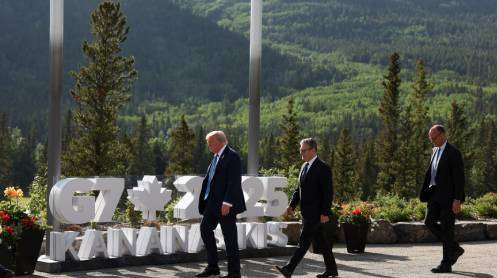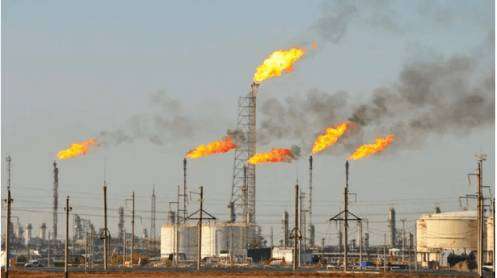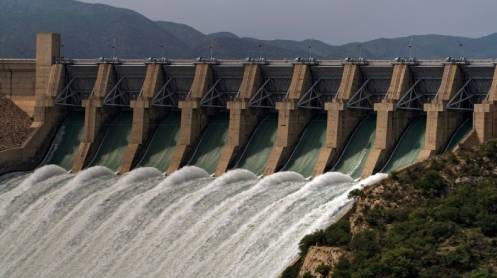ISLAMABAD/QUEBEC, June 17, 2025: The G7 summit concluded in turmoil as leaders of the world’s leading industrial democracies issued a joint call for de-escalation in the Middle East, urging an immediate halt to hostilities between Israel and Iran, while US President Donald Trump abruptly exited the summit amid soaring regional tensions.
In a joint communiqué released by host country Canada, the G7 — comprising the US, UK, France, Germany, Italy, Japan, and Canada — stressed the need to resolve the Iranian crisis and secure a ceasefire in Gaza. The statement reiterated Israel’s right to self-defense but underscored the protection of civilians on all sides.
The leaders reaffirmed their position that Iran must never acquire a nuclear weapon, even as the conflict has expanded beyond Gaza into a full-fledged air war between Israel and Iran — the most intense engagement in their decades-long rivalry.
President Trump, addressing reporters before his early departure, remained vague on US military involvement but warned civilians to “immediately evacuate Tehran”, emphasizing, “Iran cannot have a nuclear weapon — I’ve said it again and again.” Trump later declined to sign the G7’s final declaration, objecting to language on de-escalation and Israeli conduct.
Meanwhile, French President Emmanuel Macron urged both nations to end strikes on civilians and cautioned against pursuing regime change in Tehran, warning it would be a “strategic error.”
Middle East Engulfed in Air War
The conflict, initiated by Israeli strikes codenamed “Operation Rising Lion”, has left over 224 Iranians dead, mostly civilians, and more than 1,000 injured. Iran’s retaliatory missile attacks have killed 24 Israelis, according to Tel Aviv. Air raid sirens rang out in Tehran, Natanz, and Tel Aviv, as both nations engaged in tit-for-tat strikes, targeting key infrastructure and nuclear facilities.
The Natanz enrichment plant sustained major damage, reportedly destroying 15,000 centrifuges, said IAEA chief Rafael Grossi. Iran’s Fordow facility remained largely unaffected.
Iranian media confirmed Israeli attacks on the IRIB state broadcaster, prompting a live broadcast interruption and drawing condemnation from the Committee to Protect Journalists (CPJ), which decried the attack as a grave assault on press freedom.
In Haifa, Israel’s Bazan oil refinery shut down operations after an Iranian strike damaged a power plant, killing three employees.
Diplomatic Maneuvers and Ceasefire Push
Amid the escalating violence, Tehran reportedly reached out to Oman, Qatar, and Saudi Arabia to mediate with Washington and pressure Israel for a ceasefire. In return, Iranian officials hinted at flexibility in nuclear negotiations.
Despite the violence, US Defence Secretary Pete Hegseth said Trump still seeks a new nuclear deal with Iran, while Iran’s Foreign Minister Abbas Araqchi warned that without a cessation of Israeli aggression, Iran would continue to retaliate.
Iran, a signatory to the Nuclear Non-Proliferation Treaty (NPT), contrasted sharply with Israel, which is widely believed to possess around 90 nuclear warheads but has not joined the NPT. Muslim-majority nations, including Pakistan, called for the creation of a Middle East free of nuclear weapons and condemned the targeting of nuclear facilities.
Evacuations and International Alarm
With war intensifying, the Chinese embassy in Israel advised its nationals to leave via land routes. Talks scheduled between the US and Iran in Oman on June 15 were canceled due to the hostilities.
President Trump concluded: “A deal will be signed—or something will happen. Iran would be foolish not to sign.” As Israel continues asserting air dominance, the world watches closely, fearing a broader regional war.
By AFP | Reuters | Anadolu Agency







